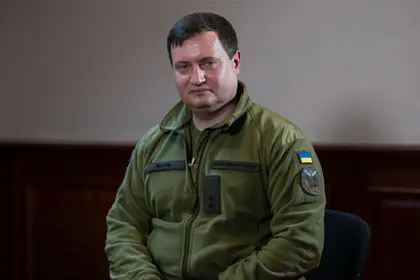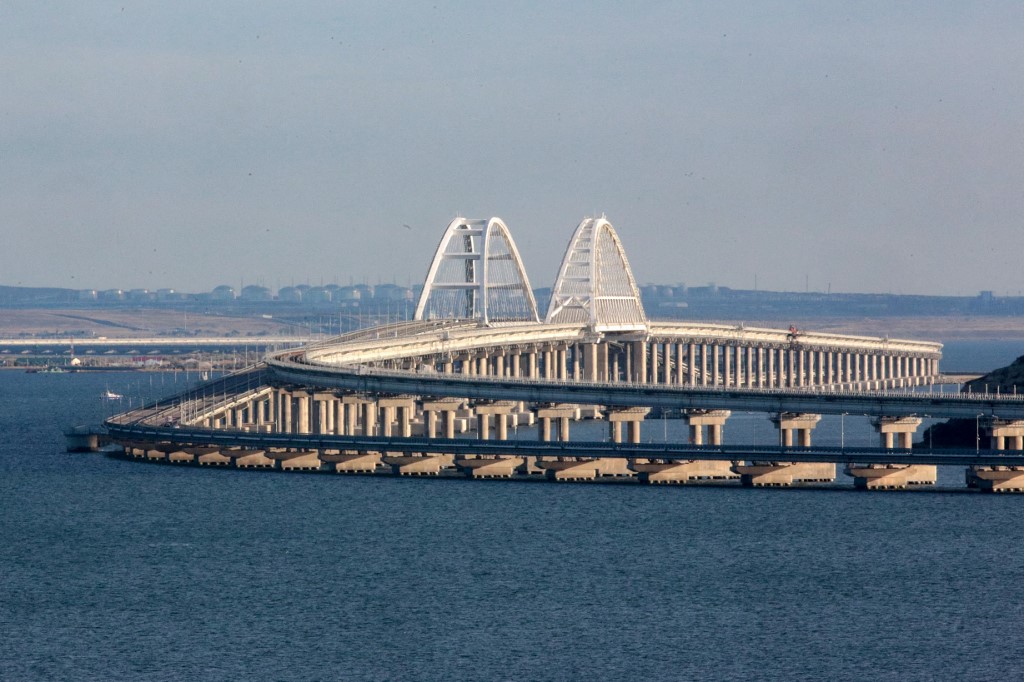The Main Directorate of Intelligence of the Ministry of Defense (HUR) says that currently, it is unable to confirm the death of Yevhen Prigozhin, the head of the Wagner private military company (PMC).
Andrii Yusov, a representative of the HUR, stated in an interview with "Ukrinform," on Wednesday, Sept. 6 that “Currently, we can confirm with 100% certainty the deaths of Utkin and some other passengers. Regarding Prigozhin, let's say, there are still some unanswered questions.
- View the most up-to-date Ukraine news articles published today.
- Read the newest Ukraine news stories published today.
JOIN US ON TELEGRAM
Follow our coverage of the war on the @Kyivpost_official.
“As for those behind this incident, we should consider who else might benefit from it. I believe that, in principle, the motives here are quite clear,” the intelligence officer noted.
He emphasized that obtaining definitive confirmation of Prigozhin's death or otherwise would require more time.
On Aug. 23, a business jet crashed in the Tver region of Russia. Russian media reported that among the passengers on the plane were Yevgeny Prigozhin, the leader of the “Wagnerites,” as well as commanders and fighters from his PMC. A few days later, an Investigative Committee set up by Russia officially confirmed his death in the plane crash.
On Aug. 29, Prigozhin's press service announced that he was buried at the Prokhoriv Cemetery in St. Petersburg in a private, closed ceremony.
Lithuanian Defense Minister Arvydas Anushauskas, on the other hand, mentioned that the number of mercenaries from the "Wagner" PMC in Belarus has decreased following Prigozhin's death.

Russia’s Growing Influence Abroad: Monument to Prigozhin Inaugurated in Central African Republic
“From open sources, I can only say that there has been a noticeable decline. They [the Wagnerites] are dispersing, relocating to other areas, and some are returning to Russia or 'taking a vacation,' possibly joining other military companies," he was quoted in the LRT publication.
According to Anushauskas, the situation is significantly different from three weeks ago when, after Prigozhin's failed rebellion in Russia, some of his fighters arrived in Belarus. At that time, Poland and Lithuania were concerned that mercenaries could provoke incidents on the borders with NATO countries.
You can also highlight the text and press Ctrl + Enter







